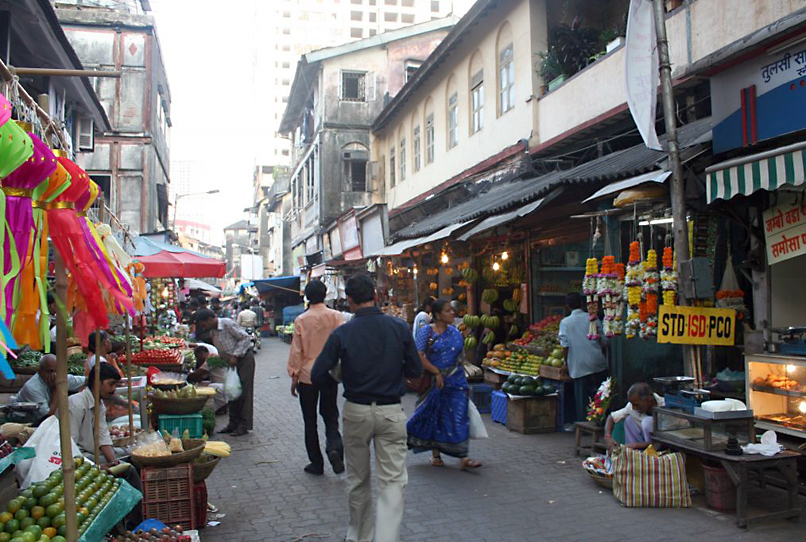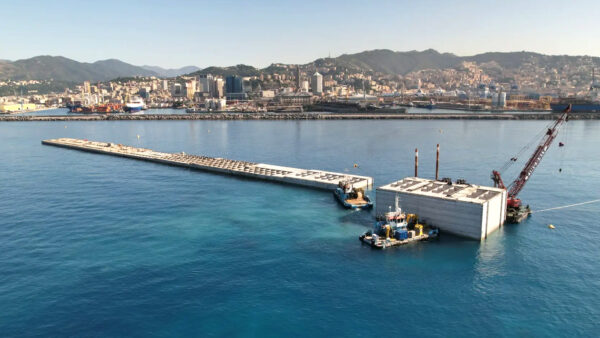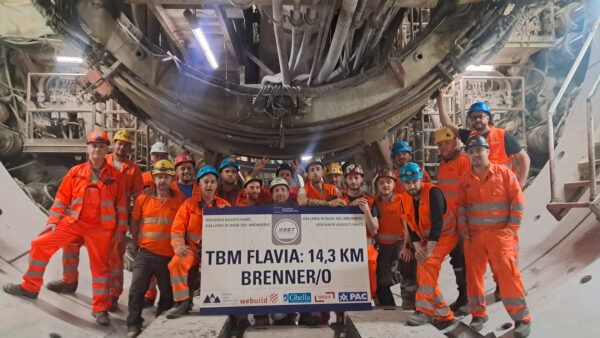The way has now been cleared for foreign retailers to own Indian subsidiaries outright, giving direct access to a market said to be worth $500bn a year. But big names are holding back. Turner & Townsend’s Mark Richards explains why.
After a long and bruising political struggle, India’s coalition government finally won parliamentary approval in December for its plan to allow foreign retail chains to set up shop in the country.
Until now, the likes of Tesco and Walmart have only been able to engage with India’s vast number of consumers at arm’s length – as shareholders in joint ventures with local retailers.
But in future the global retail giants will be allowed to own their Indian subsidiaries outright – giving them total control over store design and brand identity.
One of the first international players to win approval is the Swedish furniture firm Ikea, which plans to open 25 stores in India. Despite some initial opposition, it has won the right to bring its entire concept to the country – from meatballs to miles of flatpack wardrobes.
India’s vast retail market is worth around $500bn a year, and the major foreign players have been queuing up for years to get a piece of the action.

Market in Mumbai. Format is one issue: would out-of-town shopping centres work?
In February, India’s Finance Ministry considered proposals from the French brands Decathlon, Promod and Le Creuset, and the US accessory store Fossil.
But despite the official green light, many of the true retail giants are still hanging back.
The chief reason is uncertainty. India’s ruling Congress Party had to fight every inch of the way to pilot the measure through parliament.
It argued that the sophisticated supply chains that the global players have spent years perfecting would slash the amount of food wasted in India. The country currently suffers wastage rates of 40% between the point of production and the point of sale.
But the reforms faced tough opposition, not least from the army of small homegrown retailers who currently dominate the sector. The opponents succeeded in forcing the government to backtrack several times before the plan was approved.
With India’s once-booming economy having gone off the boil, the coalition government is understandably keen to encourage foreign investment. But its commitment to such unpopular measures could easily wane in the run up to next year’s general election.
As a result what we have seen is the many foreign retailers waiting in the wings are continuing to do just that – wait. Most are limiting themselves to setting the procedural wheels in motion while they ponder their next move.
Turner & Townsend has been working in India since 2007, helping retailers including Tesco, Marks & Spencer and Nissan. From these engagements we’ve seen that the Indian market poses a unique set of challenges.
India’s poor infrastructure remains a major stumbling block to reducing waste and modernising production. Added to this is a lack of warehousing, distribution and cold chain solutions. This is likely to be another reason why the international food retailers have been slower to come forward than fashion and furniture brands.
Another challenge we see is finding uncontested space in the Indian market.
One strategy created in response has been to focus on the premium end of the market, where margins are higher and competitors fewer.
For example, rather than pay the standard price of five rupees for a coffee (less than ten US cents), many aspirational Indians will happily spend 85 rupees for a coffee at Costa Coffee.
It’s a trend that hasn’t escaped the notice of the US coffee chain Starbucks, which this month held talks with India’s Commerce and Industry minister Anand Sharma.
The way global retailers establish their Indian presence is also important.
The UK has seen a shift away from massive out-of-town shopping centres in favour of integrated retail environments – stores, apartments and offices all in one city-centre location. This kind of approach could appeal more in India, as it mirrors the traditional layout of Indian cities.
These challenges are tough but not insurmountable – and they can be beaten with careful planning. But all the planning in the world cannot overcome the political uncertainty that continues to dog this controversial reform.
For this reason most foreign would-be entrants to India’s retail sector remain in an uncomfortable limbo – sitting on their hands with their fingers firmly crossed.
Mark Richards is managing director for Turner & Townsend in India






